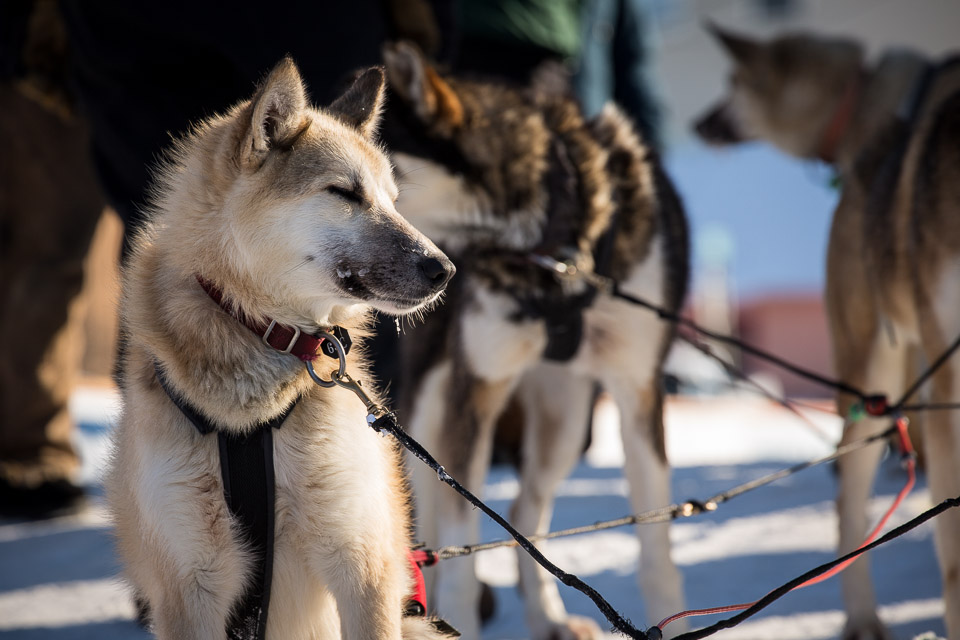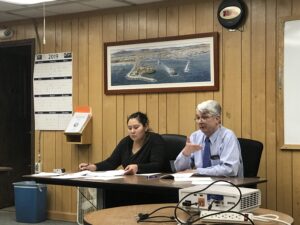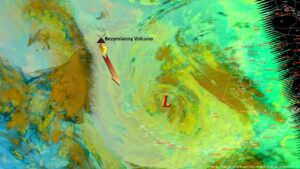The Iditarod Trail Committee (ITC) has announced a revision to its canine drug use policy. The change comes after several dogs in a single musher’s team tested positive for a prohibited substance during the 2017 race.
In a press release, the ITC stated it would not provide information about the identity of the musher due to legal concerns. The ITC could not be reached for further comment.
Previously, the rule pertaining to canine drug use required the Trail Committee to provide proof of the musher’s intent. Now, mushers will be held liable for any positive test unless they produce evidence that the positive test resulted from “causes completely beyond their control.”
According to the revised policy, that evidence can include polygraph — or lie-detector — testing. The rule cautions mushers to “ensure that food, meat, snacks and veterinary supplies do not contain prohibited drugs.” Those prohibited drugs include steroids, anesthetics, anti-inflammatory drugs, muscle relaxants and others.
Dogs will be subject to examination by the race veterinarian at any point from the pre-race exam until six hours following the musher’s finish. Mushers who tamper with another musher’s dogs may be subject to disqualification or a ban.
The 2018 Iditarod is scheduled to begin on March 3rd in Anchorage.
UPDATE: In an October 17 press release, the ITC announced that the prohibited substance was the Class IV opioid drug Tramadol, an analgesic that can help to control moderate to severe pain. Test results from urine samples, collected six hours after the musher’s finish, indicate that the drug could have been administered up to 15 hours prior to the test.
Image at top: Sled dogs on Front Street in Nome. Photo: David Dodman, KNOM.





